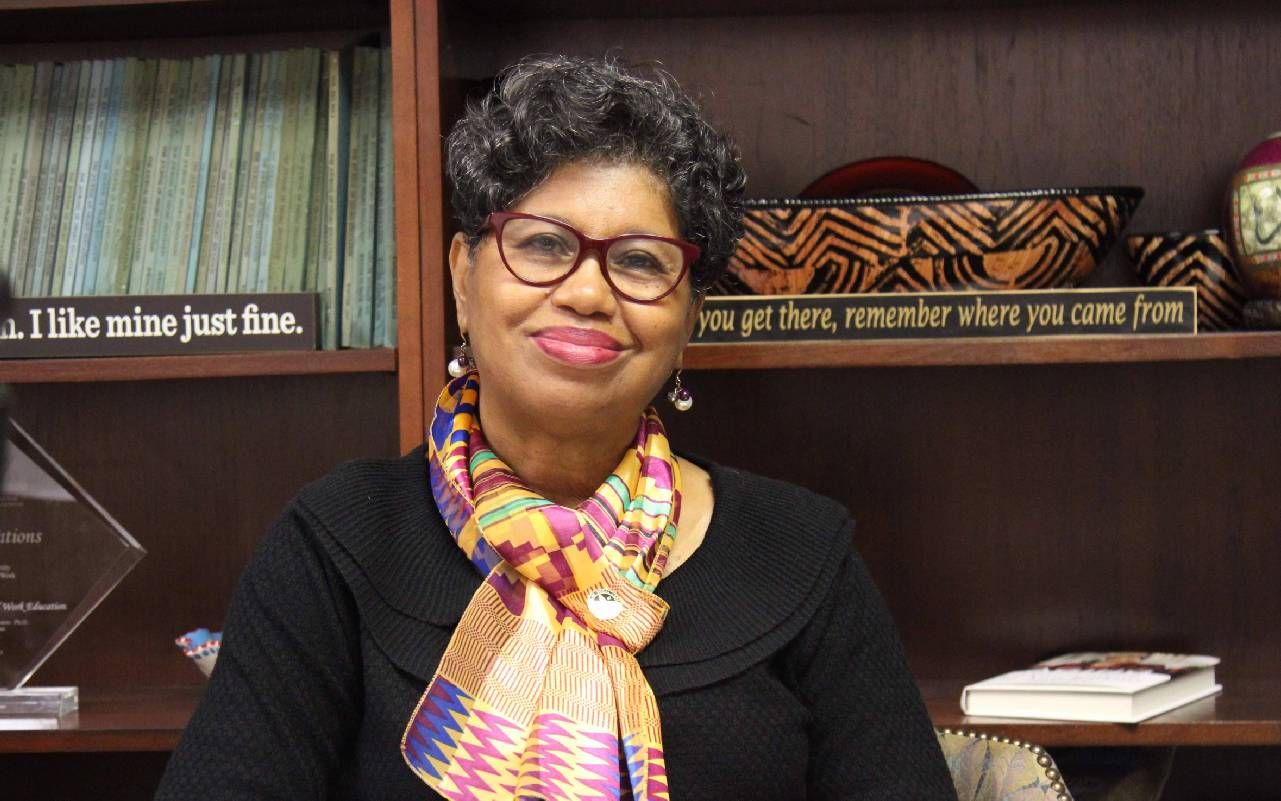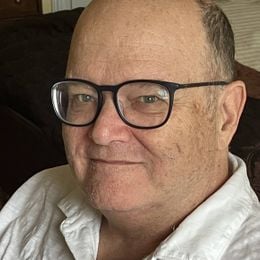Sandra Edmonds Crewe: Fighting Social Isolation
Sandra Edmonds Crewe uses her professional expertise, academic training and personal history to encourage engagement among older adults
Much of the research — and spending — on caring for older adults is focused on helping them live longer. Sandra Edmonds Crewe, a 2022 Next Avenue Influencer in Aging, has spent her career helping them live better, as well.

Early in her academic career, for example, Crewe — who is now a professor and dean of the School of Social Work at Howard University in Washington D.C. — used a grant from AARP to learn about the household finances of grandparents who were raising their grandchildren. Her research led the District of Columbia to enact legislation to financially aid such families and thus keep children at home rather than place them in foster care.
"Not that I have anything against foster care," Crewe said. "I think it is very good here. But I think it is better to keep a connection with the family."
Her current research concentrates on social isolation, which affects the mental and physical health of millions of older adults, and the caregiving burdens still borne by grandparents in African American communities.
Leading the Effort to Eradicate Social Isolation
Crewe, who earned her PhD at Howard while working as a social worker in Maryland, is a former chair of the National Association of Social Work's Aging Specialty Practice Section and former director of Howard's Multidisciplinary Gerontology Center. She is an NASW Pioneer, a designation that recognizes her contributions to social work, and in 2020 she received an Elizabeth Hurlock Beckman award, which celebrates professors who inspire their students to make a significant contribution to society.
Her reputation is such that the American Academy of Social Work & Social Welfare chose Crewe as a co-leader of its Grand Challenge to Eradicate Social Isolation, a decade-long initiative now in its fourth year. It already has published a paper describing the problem and a separate document with specific policy recommendations.
"Social isolation is as harmful as smoking cigarettes."
(The AASWSW has issued 12 "Grand Challenges" to researchers and other in its field that together is intended to set a social agenda to promote individual and family well-being, a stronger social fabric and pathways for social and economic progress.)
Social isolation among older adults — and the related problem of social exclusion of Black Americans — are important topics to study, Crewe told Next Avenue.
"We understand that social isolation is as harmful as smoking cigarettes," she said. "The challenge is to educate the public on social isolation, encourage health and human service professionals to address this health hazard, and promote effective ways to deepen social connections and community for people of all ages."
The high cost and often low quality of long-term institutional care and the challenges of the age-at-home alternative have dominated policy discussions. Crewe is among the experts who want to broaden the conversation.
Affordable Solutions Are Out There
"Housing alone is not enough," she said. "You also need the support system" to prevent the social isolation that research has shown contributes to ill health and early death. Providing such support does not necessarily need to be difficult or expensive, Crewe added.
The charity Pets on Wheels, for example, brings dogs, cats and other pets to visit isolated older adults and leaves them smiling, Crewe said. "It brings joy into their lives."
She also noted the phenomenon, born in response to isolation caused by COVID lockdowns, that led city dwellers to stand near their apartment windows or step onto balconies and join in impromptu singalongs with anonymous neighbors. "It builds community to be there with people you might not regularly see, even if they live next door," Crewe said.
The dean's other field of research, caregiving in the African American community, became more urgent when COVID hit and public health mandates encouraged people to stay home. Crewe said that was particularly harmful to African American families because they rely so heavily on caregiving by relatives. "They talked about 'social distancing,'" she said of health officials, "but it wasn't 'social distancing'—it was physical distancing."
"You can be isolated with a lot of people around you. You can be isolated if you are surrounded by people who are not your peers."
That increased the strain on older African Americans who had assumed the responsibility to take care of their grandchildren. "They were spreading a thin resource even thinner," Crewe said.
It also intersected with the broader issue of isolation.
"You can be isolated with a lot of people around you," she said. "You can be isolated if you are surrounded by people who are not your peers. If you used to go to your church, for example, you may not be able to do that when you have the responsibility of children, so you can live in a house full of children but still feel isolated."
It has been a quarter century since Crewe, who is 71, earned her PhD, but she remains optimistic about how she, her colleagues and her students can improve the lives of older adults.
"I'm very encouraged because the next generation of social workers and others are very aware of the problem of social isolation," she said. "They've seen the effect of the pandemic. We have done a lot, but we have the opportunity to do a lot more."


